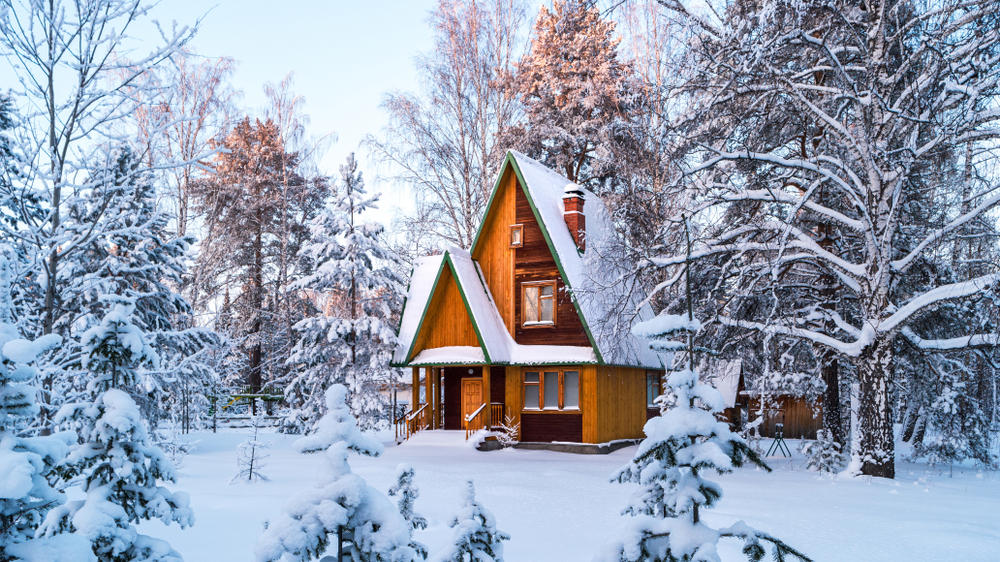The trick is to read fast, without pausing for thought, and The Great Alone grips you till the end. Kristin Hannah’s smart, vivid prose spurs on the reading, and her mastery of the roller-coaster narrative allows no time for reflection. Hannah has produced a bestseller, which is certainly not the first time in her more than 20 novels-long career. The Nightingale, her previous novel, is soon to be made into a film. It seems that the film rights of this one have been bought too.
The title of the novel is taken from Robert Service’s poem set in Alaska, “The Shooting of Dan McGrew”, that asks if you were ever out in the ‘Great Alone’ where icy mountains hemmed you in with a silence that could be heard. Hannah chooses this magnificent and dangerous Alaskan landscape for her setting. She plays to her strength here, for not only is she a remarkable delineator of landscape, but she also knows this land well, because it was her parents’ choice in the 1980s for starting a new and different life.
Alaska is alien and frightening, yet it promises Ernt Allbright a new start and freedom from nightmares. He is suffering from untreated, possibly unrecognized, PTSD and depression since his return from Vietnam and is unable to hold down a job or stop drinking. He takes his wife, willing to do everything for his happiness, and his reluctant 13-year-old daughter, Leni, off to Alaska upon being left a cabin and 40 acres of land there by a soldier friend killed in the war. The Allbrights find, too late, that they are woefully unprepared. They try to rebuild their lives there with the generous help of neighbouring homesteaders, but the dream disintegrates soon enough.
Leni provides the narrative point of view. Hannah has created in Leni a strongly sympathetic character: book-loving, shy, sensitive, and tied to her mother by an almost suffocating bond. Leni slowly changes as she begins to perceive the deeply twisted nature of her parents’ marriage. A cabin with an outhouse and a life closed in by the elements and wild animals is not designed to screen a girl from her father’s habit of beating up his wife when drunk or jealous.
The triumph of the tale lies in the intertwining of landscape and character, and the enveloping sense of fear in the home. Ernt’s rage grows with his sense of failure in the harsh land, while Leni develops her skills and knowledge to be able to cope with, and then love, her surroundings. The neighbours are either robustly good, like Large Marge, or forthright and manly, like Mr Walker, whom Ernt hates. Only Mad Earl stokes Ernt’s paranoia and drinking. None of this seems unrealistic, such is the pace of the narrative; not even the cleaning up of an abandoned cabin without electricity or water in two days by a mother and daughter for whom Alaska is another planet.
No tale of growing up is complete without love. Leni loves Matthew, Mr Walker’s son, and since the fathers hate each other, this is ripe for teenage tragedy. The puppy-like Matthew grows into a tall, golden-haired dreamboat, but a catastrophe, brought about by character and landscape, can snatch the dream away.
It is when the dramatic plot peaks — twice — that Hannah throws probability to the winds. Horror and redemption are given space to bring about the thrill of cathartic tears that make the novel another popular winner.
The Great Alone By Kristin Hannah, Macmillan, £13.99










